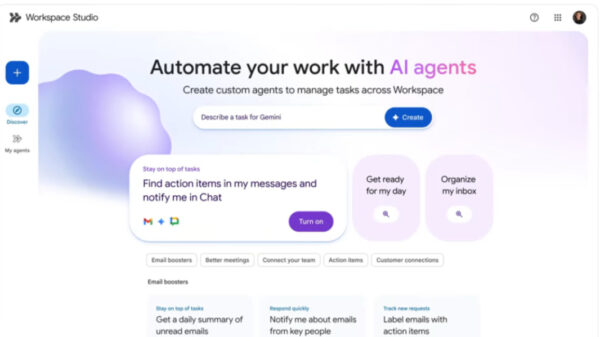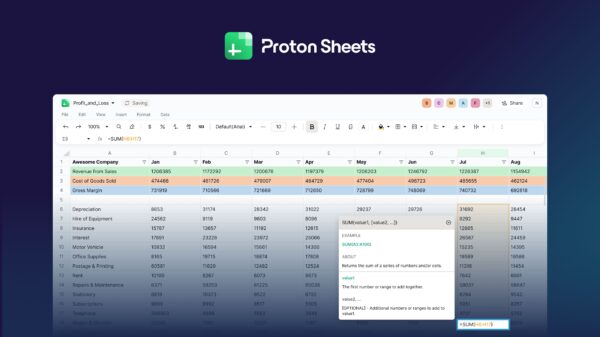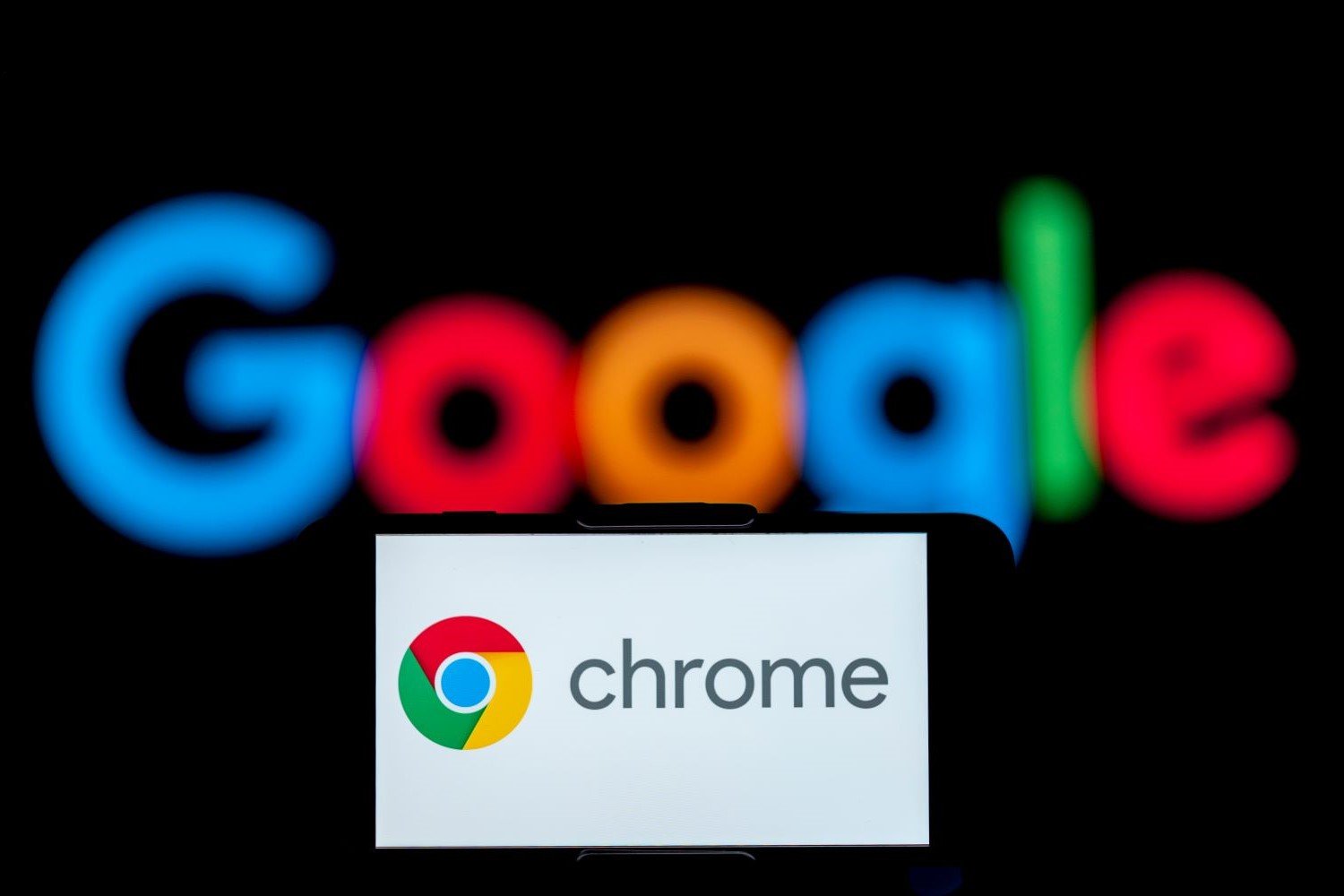Google is adapting its search strategy to counter emerging competition from AI-driven platforms like OpenAI’s ChatGPT and Perplexity. During a recent earnings call, CEO Sundar Pichai presented data suggesting that rather than threatening Google Search, AI is enhancing user engagement and driving more queries. The company reported that AI features are now generating over 10% more queries worldwide, indicating a significant increase in user interaction with the platform.
AI Integration Reshaping User Experience
At the core of Google’s strategy are two main approaches aimed at both casual and advanced users. The first is the introduction of AI Overviews, which provide AI-generated summaries at the top of search results. This feature is now utilized by over 2 billion monthly users across more than 200 countries. It aims to streamline the search process for everyday users, making it faster and more efficient.
In addition, Google is rolling out AI Mode, designed for users seeking in-depth answers to complex questions. Currently, this feature has attracted more than 100 million monthly active users in the U.S. and India. This dual approach allows Google to compete directly with the advanced functionalities offered by its rivals, creating a space for deeper exploration within its ecosystem.
Appealing to the Next Generation of Users
Pichai noted that this evolution in search is particularly resonating with younger demographics. The integration of AI facilitates multimodal search—enabling users to ask questions using images through tools like Google Lens. This strategy aims to keep Google relevant for a generation accustomed to visual communication.
The financial outcomes of this strategy are noteworthy. Alphabet reported a remarkable $54.19 billion in search revenue for the second quarter, marking a 12% increase year-over-year. This growth demonstrates that the AI-enhanced search experience is not only engaging users but also proving to be profitable. Analysts were informed by Chief Business Officer Philipp Schindler that advertisers utilizing AI-powered tools experienced an average of 14% more conversions, showcasing the value of a sophisticated, AI-driven search experience.
While platforms like ChatGPT and Perplexity are gaining traction among users seeking direct and conversational responses, Google is working to ensure its traditional search model remains robust. The ability to provide comprehensive answers without the need to click through multiple links represents a significant shift in how information is consumed online.
The challenge for Google lies in evolving quickly enough to retain its user base while safeguarding its primary revenue sources, which rely heavily on search advertising. Pichai affirmed, “We’ll focus on the organic experience for the near term,” indicating a commitment to enhancing user experience without compromising revenue.
In conclusion, Google is not merely integrating AI into its existing search functions; it is constructing a new information engine designed to address questions users have yet to consider. As the AI landscape evolves, Google’s proactive measures could solidify its position as a pivotal player in how information is accessed, ensuring it remains a vital resource in the digital age.







































































